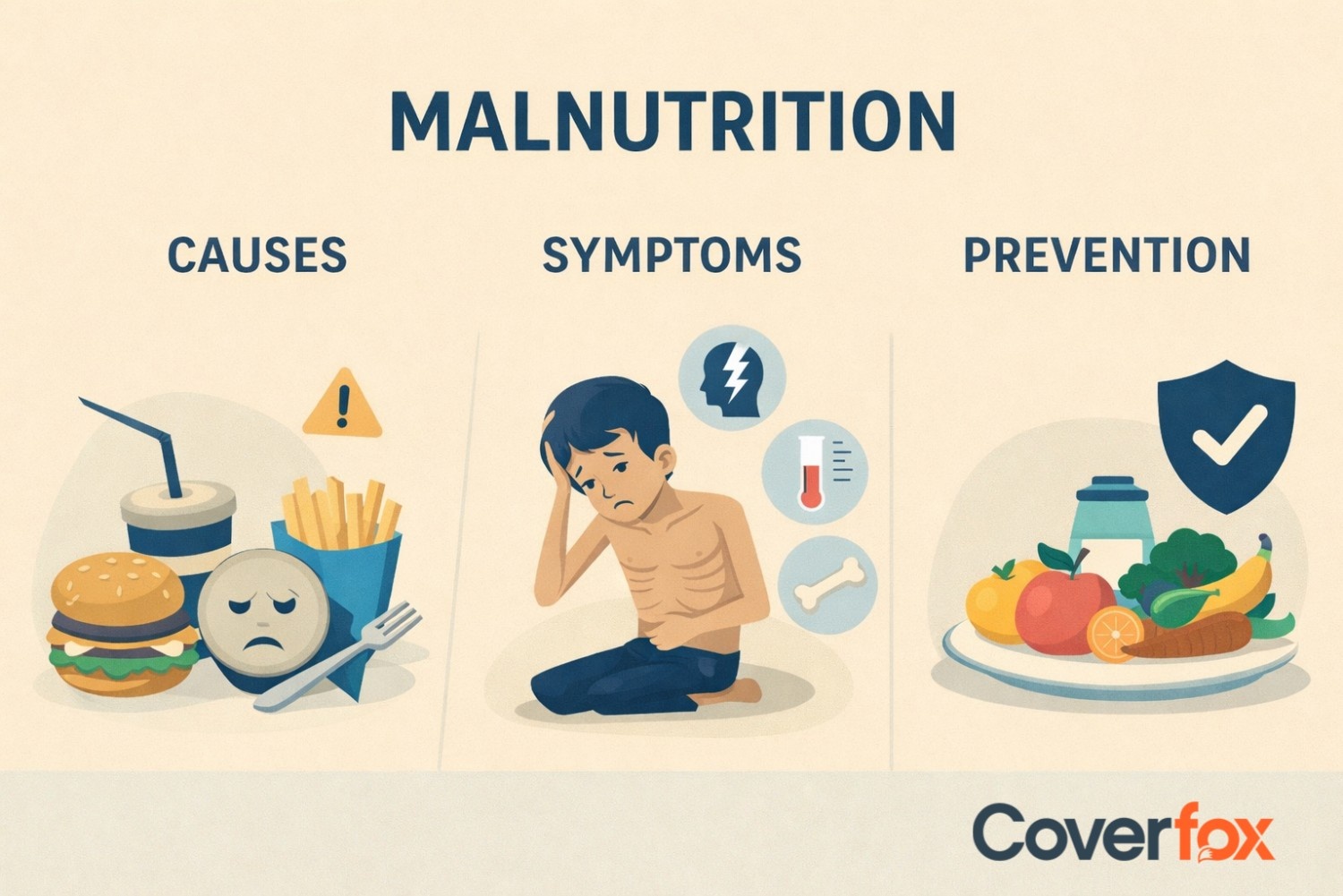Many amongst us invest in the health insurance with a sole intention of tax benefit. However, it’s sensible to know instances where you might not be able to leap that benefit, despite paying the premium.

Dhriti was confused. She had made the payment of her health insurance premium but because of lack of awareness of the finer provisions of tax law, she was not sure whether she will be able to claim proper tax deduction on the same in her tax returns. She was also apprehensive that an incorrect tax claim can lead her to a tax soup later on.
Dhriti is not alone. Though an incorrect approach of viewing health insurance, most people purchase health insurance primarily because it comes with tax benefits. Also, the tax deduction goes on to reduce the effective cost of the insurance premium. In such a situation, it is very important to claim the tax deduction properly in the tax return as an incorrect claim due to oversight can land you in trouble if your case is picked up in a tax scrutiny.
Today, let us discuss some of the situations where you can lose the tax benefits on health insurance, so that you are better prepared and do not make any such mistake.
Situation #1: Missed paying premium:
This is the number one reason for families to lose out on claiming the tax benefits on health insurance. There might be 2 situations - either the family does not purchase insurance at all during the year, or forgets to pay renewal premium when due. Note that the due date for any of these two activities to qualify for the tax deduction for the year is March 31. It is commonly found that policyholders wake up to paying health insurance premium when they get a renewal notice from the insurer. This is a wrong approach. As per insurance law, insurers send this reminder as a matter of courtesy and are not mandatory to send this notice to policyholder. So, it is very important to set a reminder for this premium and also set aside sufficient funds because the premium will constitute a big chunk of your overall expenses for the month. Speaking of reminders, this is where purchasing a policy through an insurance broker like Coverfox.com comes to the picture as compared to purchasing by oneself, as here, you have Coverfox to remind you of upcoming payments, even if you miss you in the hustle and bustle of work and family life.
Situation #2: Paying premium for other than permitted relationships:
Though there are several innovative health insurance policies in the market today which permit covering relationships like siblings, grandparents, grandchildren, in-laws etc., please note that under Section 80D of the Income Tax Act, you’re allowed to claim a deduction of premium paid for only the following relationships:
• Self
• Spouse
• Dependent children (irrespective of the number)
• Parents (whether dependant or not)
Hence, the portion of premium paid for other than the above relationships DO NOT qualify for tax benefit and you should not make the mistake of claiming the same in your tax returns. For example, if a senior citizen pays premium for a son working and earning for himself (not financially dependent), he’ll not be able to claim deduction in his tax return. A better tax planning strategy should be that the working son should pay his own as well as parents premium from his own pocket (even if parent is not financially dependent on him), and both these premiums will qualify for a legitimate tax deduction in son’s income tax return & will go on to reduce his tax liability.
Related Article: Questions you have been asking about Tax Deduction on Health Insurance
Situation #3: Not submitting proof to employer
At the start of every financial year, employer calls for an “investment declaration” from employees, to declare the proposed insurance premium and qualifying investments for tax purposes and basis which, the tax is estimated and deducted every month. Sometime generally during Jan – Feb, employers ask for submission of insurance and investment proofs and it is at this point in time that you should be ready with the premium paid certificate from your insurer (which can easily be downloaded from insurer’s website or you can ask your broker to provide). If you fail to provide this (due to non-payment of premium or any other reason), the employer will not take Section 80D deduction previously allowed to you, & will re-estimate the tax for remaining months of the year & accordingly deduct a slightly increased TDS for remaining couple of months. Hence, it is a good strategy that if you’re buying health insurance for the first time, complete it well before January & avoid the last minute hassles.
Situation #4: Not claiming the expense in tax return
Now, if for some reason, you were not able to produce the premium paid certificate to your employer, it will deduct extra TDS from your salary and will not give you the deduction for Section 80D. Here, you have one more lifeline whereby if you’ve paid premium till March 31, you can claim it yourself in your tax return. As a result of this, whatever extra TDS your employer had to deduct due to non-inclusion of Section 80D deduction, you’ll be able to claim as a refund. However, if you forget to claim it in your tax return as well, then you have another option of “revising the tax return” however it is a slightly cumbersome process & it’s advised that you prepare well so as not to land up in such an extreme situation.
Situation #5: Paying premium for multiple years
A unique feature of Section 80D deduction is that you get to claim the deduction on a payment basis. Let us understand with the help of an example. So, you purchase a health insurance policy today for which the yearly premium is Rs. 25,000 and pay for two years (i.e. this year & one year in advance). Now, you’ve paid Rs. 50,000 against which you will get Rs. 25,000 as deduction for this financial year (which is the upper limit under Section 80D). So, though the insurance is valid for next financial year as well, you’ll not be able to claim balance deduction of Rs. 25,000 for the next financial year as you’ve not “paid” any premium in that year. Hence, generally, you’ll find insurers giving a certain percentage as discount if you pay for multiple years but before leaping in, also note that you will not be able to get tax deduction for the future years hence a better tax planning strategy may be to pay on an annual basis.
Situation #6: Paying premium in cash
At the time of paying premium for your health insurance policy, remember that you are eligible for a deduction of insurance premium paid under a health insurance policy only if you pay through any mode other than cash. Hence, if you pay by cash, the tax deduction for the premium on your policy is lost, so be careful.
Also Read: When your health insurance plan pays for itself - Tax Benefits
Coverfox Verdict
Government tries its best to promote health insurance by offering tax deduction on the health insurance premium however one should also know certain finer provisions of tax law for claiming the deduction, so that the health insurance premium you pay actually qualifies for tax benefits and you don’t end up on the wrong side of law while claiming this expense in your tax returns.
Recommended Read: Tax deduction on health insurance






